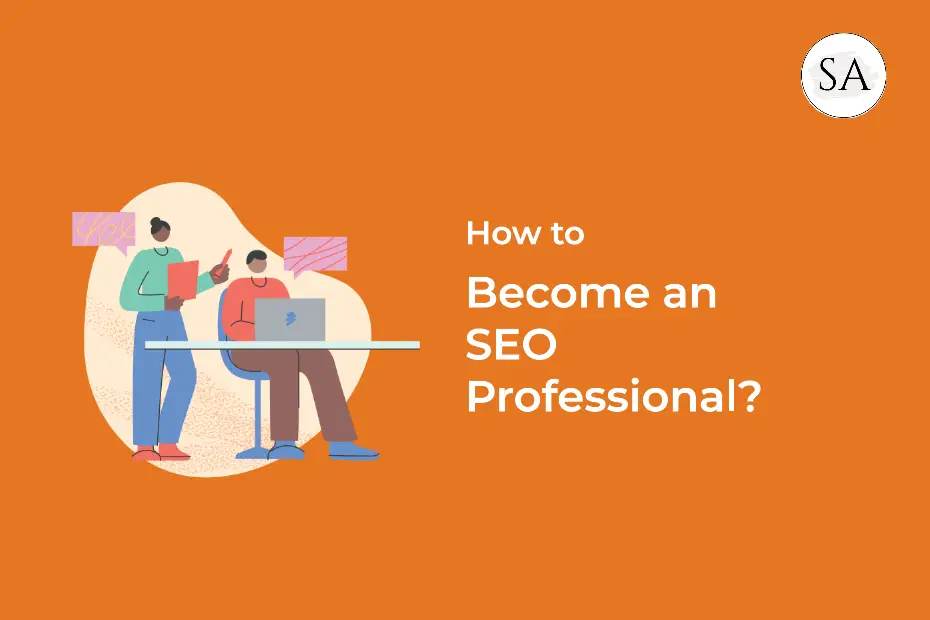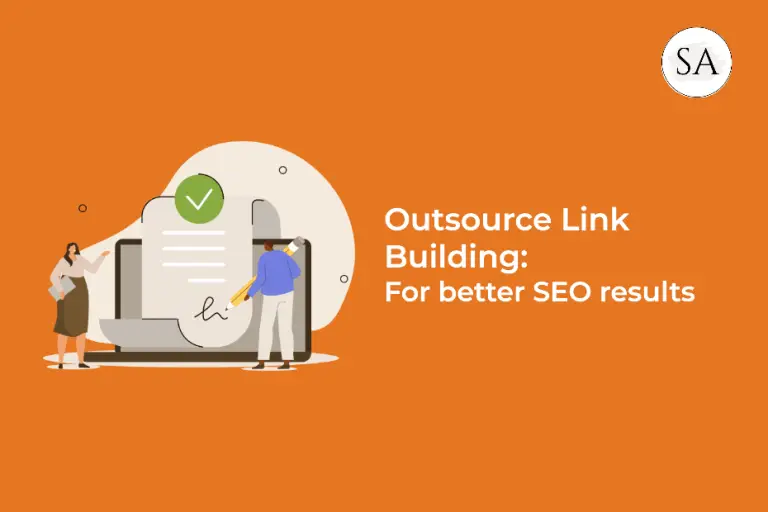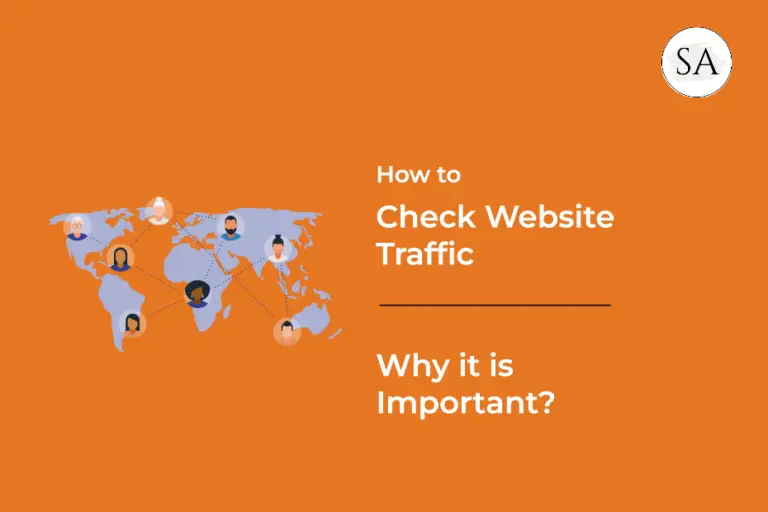The demand for SEO professionals has never been higher. With businesses increasingly relying on online visibility to drive traffic and sales, mastering SEO is a valuable skill. But can you become an SEO professional in just 30 days? The answer is yes—if you follow a structured and disciplined approach. In this blog our main focus is to guide you to the steps to take, the skills to learn, and the SEO hacks that will help you achieve this goal.
Why become an SEO professional?
If you have studied marketing and want to create a career in marketing, then you can explore SEO profession. The SEO profession offers numerous benefits. Not only can it provide a lucrative career path, but it also offers flexibility, creativity, and the chance to stay ahead of digital marketing trends.
Here are some key advantages:
- High Demand: Businesses of all sizes need SEO experts to enhance their online presence.
- Flexibility: Many SEO professionals work remotely or as freelancers, offering flexibility in work hours and location.
- Career Growth: SEO is a dynamic field with continuous learning opportunities, ensuring long-term career growth.
- Creativity: SEO involves both technical and creative skills, allowing professionals to devise innovative strategies.
Understanding the basics of SEO
Before getting into advanced techniques of SEO, it’s crucial to understand the basics of SEO. This includes knowing how search engines work, the importance of keywords, and the role of content.
What is SEO?
Search Engine Optimization(SEO) is the process of optimizing a website to rank higher in search engine results pages (SERPs). This involves on-page elements like content, page speed, responsiveness, mobile friendliness, meta tags etc., as well as off-page factors like backlinks, bookmarking, guest posting, PR and many more methods.
How Search Engines Work
Search engines like Google use algorithms to crawl, index, and rank websites. Understanding these processes helps you optimize your site effectively.
Crawling: Search engines deploy automated bots known as “spiders” or “crawlers” to scour the internet. These bots navigate from one webpage to another via backlinks, discovering new and updated content.
Indexing: Once the content is discovered, search engines process and store it in a massive database called an index. The index organizes information about the content, such as keywords, metadata, and context, making it easy to retrieve later.
Ranking: When a user enters a query, the search engine scans its index to find the most relevant results. It uses complex algorithms that consider factors like keyword relevance, website authority, content quality, and user experience to rank pages in order of importance.
This entire process happens in milliseconds, delivering tailored search results. Additionally, search engines continuously update their algorithms to improve accuracy and relevance, considering user behavior and emerging web trends. This helps ensure that users receive the most pertinent information effectively and efficiently.
Keyword Research
Keyword research is a fundamental process in digital marketing and search engine optimization (SEO). It involves identifying and analyzing the search terms that people enter into search engines to find information, products, or services.
Effective keyword research helps an SEO specialist understand user intent, optimize website content, and improve search engine rankings. By targeting the right keywords, companies can attract relevant traffic, enhance visibility, and increase conversion rates.
Tools like Google Keyword Planner, SEMrush, and Ahrefs assist in discovering high-volume, low-competition keywords. Regularly updating keyword strategies ensures alignment with evolving market trends and user search behaviors.
Learnings to become SEO professional.
Week 1: Laying the Foundation
Day 1-3: Learn the Fundamentals
- Read SEO Blogs and Guides: Start with reputable sources like Moz, Ahrefs, and Search Engine Journal.
- Watch Tutorials: Platforms like YouTube and Coursera offer beginner-friendly SEO courses.
Day 4-5: Master Keyword Research
- Tools to Use: Google Keyword Planner, Ahrefs, SEMrush.
- Practice: Identify primary and secondary keywords for your website or blog.
Day 6-7: Understand On-Page SEO
- Key Elements: Title tags, meta descriptions, headers, and keyword placement.
- Practice: Optimize a sample webpage with these elements.
Week 2: Diving Deeper
Day 8-10: Learn Technical SEO
- Core Elements: Site speed, mobile optimization, XML sitemaps, and robots.txt.
- Tools: Google Search Console, Screaming Frog, GTmetrix.
Day 11-12: Explore Off-Page SEO
- Backlinks: Learn about link building and its importance.
- Strategies: Guest blogging, broken link building, and social media engagement.
Day 13-14: Content Creation and Optimization
- Types of Content: Blog posts, infographics, videos.
- SEO Writing: Craft SEO-friendly content that balances keyword use with readability.
Week 3: Implementing and Analyzing
Day 15-17: Site Audits
- Conduct Audits: Use tools like SEMrush or Ahrefs to perform a site audit.
- Fix Issues: Address any technical or on-page SEO issues identified.
Day 18-19: Competitor Analysis
- Identify Competitors: Use tools to find top competitors in your niche.
- Analyze: Look at their keywords, backlinks, and content strategies.
Day 20-21: SEO Tools Mastery
- Tools to Learn: Google Analytics, Google Search Console, Yoast SEO.
- Practice: Implement these tools on a test site or blog.
Week 4: Advanced Techniques and Practice
Day 22-23: Local SEO
- Importance: Essential for businesses targeting local customers.
- Strategies: Google My Business, local citations, and reviews.
Day 24-25: Mobile SEO
- Mobile Optimization: Ensure your site is mobile-friendly.
- Tools: Google’s Mobile-Friendly Test.
Day 26-27: Voice Search Optimization
- Rising Trend: More users are using voice search.
- Strategies: Optimize for conversational keywords and use schema markup.
Day 28-29: Advanced Link Building
- Techniques: Skyscraper technique, resource pages, and influencer outreach.
- Practice: Start a link-building campaign or you can also outsource link building.
Day 30: Review and Plan
- Review: Analyze your progress and understand areas of improvement.
- Plan: Create a 3-month SEO strategy to continue your growth.
Benefits of being an SEO professional
Becoming an SEO professional brings various benefits that go beyond financial rewards. Here are some key advantages:
- High Demand for Skills:
Companies across industries require SEO experts to improve their online visibility, leading to consistent job opportunities. - Lucrative Career Path:
SEO professionals can command competitive salaries, especially with experience and proven results. - Flexibility:
Many SEO roles offer remote work options, freelance opportunities, and flexible schedules. - Continuous Learning:
The ever-evolving nature of search algorithms keeps the work dynamic, encouraging ongoing learning and skill development. - Diverse Career Options:
SEO skills are applicable in various roles, including content marketing, digital strategy, analytics, and more. - Impactful Work:
SEO efforts directly influence a company’s growth, providing a sense of accomplishment and measurable success. - Creative and Analytical Balance:
SEO combines data analysis with creative content strategies, offering a balanced and engaging work environment. - Global Opportunities:
SEO expertise is in demand worldwide, opening doors to international clients and projects. - Entrepreneurial Advantages:
Knowledge of SEO can help in starting personal ventures, blogs, or online businesses, enhancing entrepreneurial success. - Network Growth:
Working in SEO often involves collaborating with diverse professionals, expanding career networks and opportunities.
Conclusion
Becoming an SEO professional in 30 days is an ambitious goal, but with dedication and the right approach, it’s achievable. By understanding the basics, diving into advanced techniques, and continuously practicing, you can build a strong foundation in SEO. Remember, the key to success in the SEO profession is continuous learning and adapting to the ever-changing digital landscape. Start your journey today and reap the benefits of a rewarding career in SEO.
In conclusion, becoming an SEO professional is challenging yet attainable with focused effort and a structured learning plan. By mastering the fundamentals, exploring advanced strategies, and consistently learning & applying your knowledge through practical experience, you can build a strong foundation in SEO.
Continuous learning and staying updated with the latest algorithm will further enhance your expertise, paving the way for a successful career in SEO.
FAQs
What skills are essential for an SEO professional?
- Technical Skills: Understanding of HTML, CSS, and JavaScript.
- Analytical Skills: Ability to analyze data and derive insights.
- Content Creation: Writing and optimizing content for search engines.
- Communication: Explaining SEO strategies to clients or team members.
What tools should every SEO professional know?
- Google Analytics and Search Console: For tracking and analyzing performance.
- SEMrush and Ahrefs: For keyword research and competitor analysis.
- Yoast SEO: For on-page SEO optimization.
How can I stay updated with SEO trends?
- Follow Industry Blogs: Moz, Search Engine Journal, and Ahrefs.
- Attend Webinars and Conferences: Participate in SEO events and webinars.
- Join SEO Communities: Engage with professionals on forums and social media groups.
Is certification necessary to become an SEO professional?
While not mandatory, certifications from Google, HubSpot, or SEMrush can boost credibility and demonstrate expertise to clients or employers.
How long does it take to see results from SEO efforts?
SEO is a long-term strategy. It can take anywhere from a few weeks to several months to see significant results, depending on the competition and the effectiveness of your strategies.
What are common mistakes to avoid in SEO?
- Keyword Stuffing: Overloading content with keywords.
- Ignoring Mobile Optimization: Not optimizing for mobile can hurt rankings.
- Poor Quality Content: Focusing on quantity over quality.




